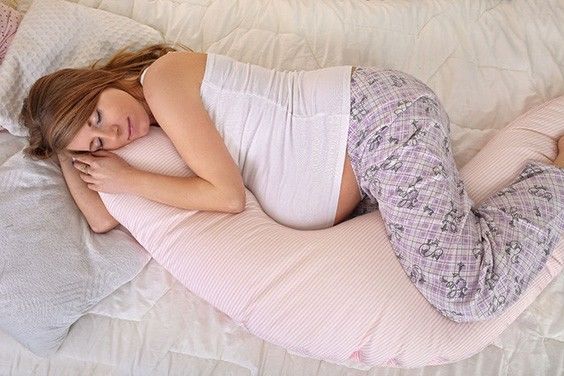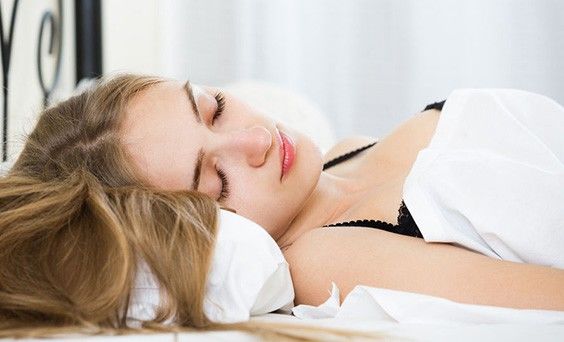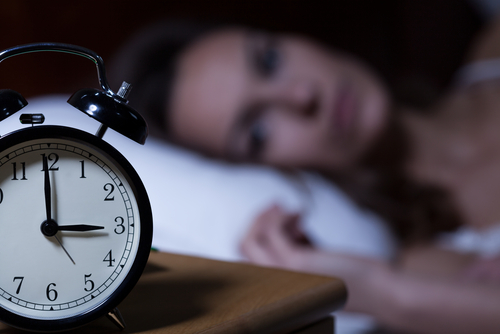How Much Sleep Do You Need? (Pt.2)
How Much Sleep Do You Need to Survive?
While this article is based on making sure you get the right amount of sleep to help you perform at your best at work and home, it might be difficult for you to actually get the recommended amount.
So just how much sleep do we need to stay alive? Scientists have tested how long humans can survive without air (about three minutes), how long a person can go without water (three days) and even how long someone can last without food (three weeks).
But when it comes to sleep, not as much research has been done.
Even one night of no sleep can have the same effect on the human body as being drunk. The longest anyone has ever stayed awake was about 11 days which was done for a school project (really!) in 1965.
Despite all the health problems listed above, no human has ever died from not having enough sleep alone. The problems are when someone develops other health complications through a lack of sleep.
A pretty horrible experiment on rats in 1999 did actually see the creatures die after two weeks of being kept awake.
Even people with sleep disorders manage to get a few hours every night.

Pregnancy takes it out of you physically and mentally. So you might find yourself needing to sleep more often or for longer.
Expecting a baby affects every woman differently, while some “glow” in their first trimester others can be left drowsy, nauseous and facing exhaustion.
The rising progesterone in a woman’s body leads to fatigue and many find they are needing a nap mid-afternoon.
In the first trimester, there is also a drop in the quality of sleep. Women get less time in their “deep sleep” part of the cycle which can lead to exhaustion.
The general recommendation is for a pregnant woman to get an extra 45 minutes to an hour of sleep per night. Plus, you should be getting prepared for a few years of sleepless nights once baby arrives!
Some tips include:
- Sleep on your left side to make sure blood and nutrients gets to baby
- Put in a nightlight in case you do get up in the night
- Eat bland food to help sickness
- Nap when, where and as often as you can!

Babies need a lot more sleep than adults, as we explained above but what are the affects of not having enough sleep?
Even just missing 30 minutes of sleep can negatively impact your child as they are at a critical stage of their development.
Have you ever heard the expression “overtired”? Well this is when a baby tends to become more awake and alert instead of drowsy as an adult would be.
This is what makes it so hard to tell if your baby is sleepy because they seem more awake than ever. Children may pretend they are not tired, fight sleep and get more and more hyperactive.
Sometimes ADHD (attention deficit hyperactivity disorder) is wrongly diagnosed when in fact this is a child that has not had enough sleep.
Some recent research has shown children can suffer from sleep apnea – where a person wakes up briefly several times through the night as they struggle to breathe.
If your child is struggling to get to sleep, try moving their bedtime to 30 minutes earlier and using this as “quiet time” to stop looking at screens and have a bath or a bedtime story before going to bed.
Here is a chart that shows how much sleep babies need by age:
With the average adult sleeping for 24 years in their lifetime, it can seem attractive to cut this down and get some more exciting things in rather than sleeping.
Sleep researcher Daniel Kripke says most happy, productive people sleep between 6.5 and 7.5 hours every night. He says sleeping for too long can be just as damaging as not sleeping enough.
We’ve all been told that eight hours is the right amount of sleep, but it is actually more important to sleep between seven and nine hours and listen to your body.
Some people will be at their best with an exact seven hours sleep while others may need every second of nine hours to feel like they can face the day. There is no wrong or right answer, make sure you get at least seven hours and then pay attention to how your body reacts.

A 2010 experimental sleep study proved that forcing yourself to stay awake for longer than 24 hours and the exact same results as someone who had a BAC (blood alcohol level) of 0.1, which happens to be way above the legal limit in regards to driving while under the influence. That just goes to show, staying awake for longer than a day can have life threatening consequences.
So sleeping for short periods, or not at all, could lead you to crashing your car in the short term and over a longer periods it could cause health problems.

When we hit the bed each night, our minds and bodies don’t just fall into a state of sleep and stay that way until we awake. There’s actually several different stages that our bodies have to go through before we enter the really deep rest we need. And the way we go through this process will determine the quality of rest you get.
Once we go to bed, after about 60-90 minutes afterward, we begin to enter into what’s called REM (Rapid Eye Movement). This is usually the time when we are in a super deep sleep and we begin to dream vividly. Basically, it’s the part when our bodies are completely asleep, we’re totally unconscious, yet our brains are still quite active. Hence the dreaming.
Most people go through at least 3-5 sessions of REM each and every night. That means, once a period of REM is done, the whole cycle begins again. This is when we’re easily woken up in the middle of the night, when the cycle is resetting.
If you’re finding yourself short on REM sleep, you can have an extra 30 minutes in the morning as this is the time when REM sleep is usually longest.
Getting enough REM sleep boosts your mood and also helps your mind.
How Much Sleep Do You Need Before a Test?
Staying up all night cramming for an exam can seem like a tempting idea. Surely, you’ll remember it better and do well if you’ve spent all night awake reading the subject?
Well actually the opposite is true. Sleep is as important to learning as exercise is to stamina. Without sleep, your brain has no time to process the new information and make sense of it properly.
Taking time to sleep before an exam can actually improve your grades and put you in the right mindset for the test.
You should make sure you get at least seven hours of solid sleep before an exam and put the revision down in plenty of time before bed.
Take time to:
- Turn off your computer at least an hour before bed
- Use an eye mask and earplugs to sleep soundly
- Exercise early in the day before an exam
- Try not to nap
- Cut down on caffeine and alcohol
That’s right. The temperature in your room plays a major part in the quality of rest you get each night. Too warm or too cold can throw it all off.
Usually, for most, a nice temperature range of 60-67 degrees Fahrenheit is the ideal. This will keep your body’s core temp at a nice, comfortable level all night long and won’t pull you out of the dream world.
But why, you ask? Why is that we need to be cooler during the evening in order to get a good night’s rest? Because our bodies naturally lower our temperatures as we sleep. It keeps decreasing as you float through the different phases of deep rest. So, if you’re too hot, you’ve got too many heavy blankets, or your room’s thermostat is up too high, your body won’t be able to lower itself into that rest-mode.
Conclusion
So hopefully this list has now answered once and for all how much sleep you need. Next time you’re setting your alarm for the next morning or lying awake trying to get some rest, hopefully the tips in this article will come in useful.
Remember you need all stages of sleep to feel healthy and around seven to nine hours is the best length of time to sleep.
For children, babies and older people this differs but the most important thing is to listen to your own body.



